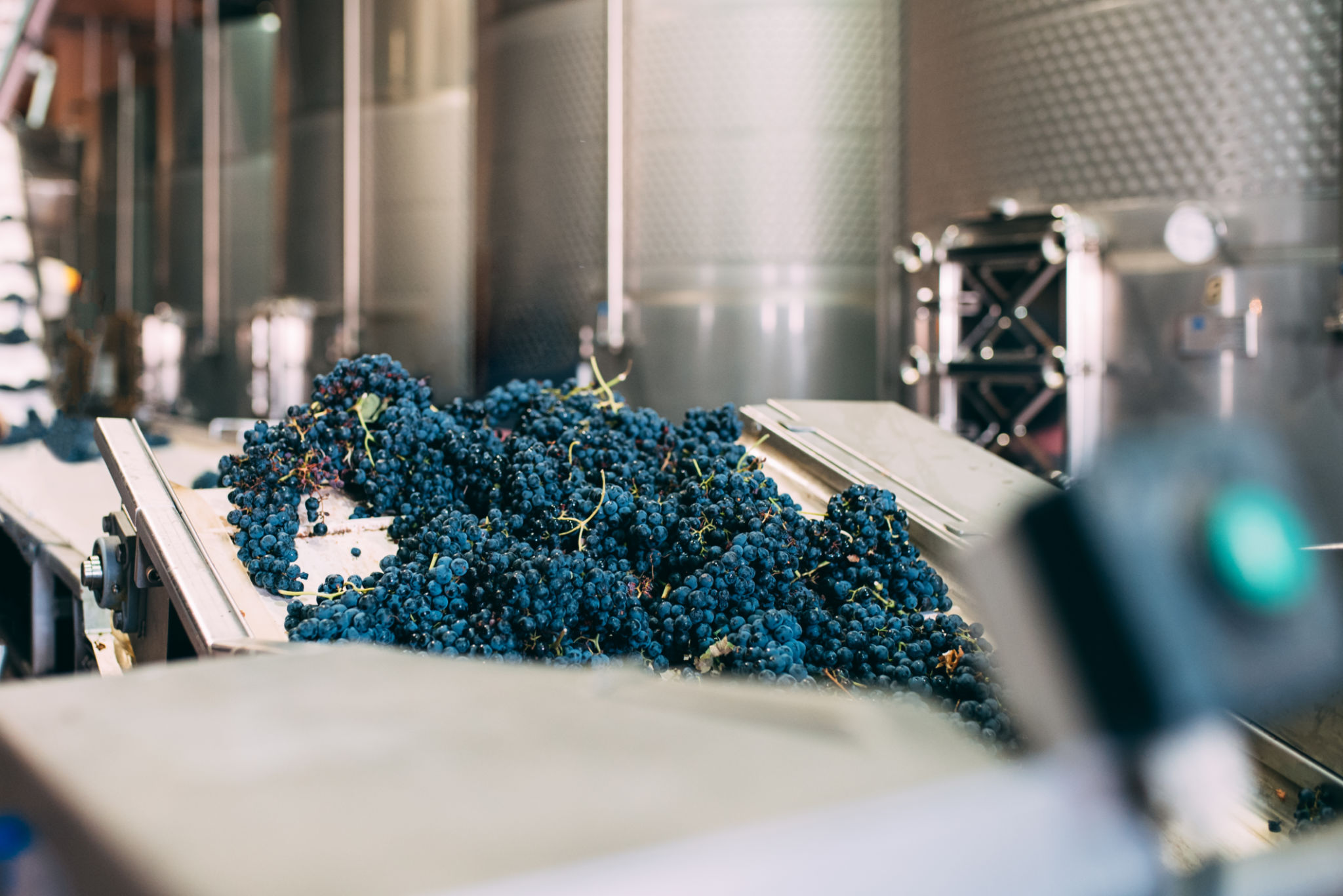Navigating Compliance and Regulatory Issues in the Wine Industry
Understanding the Importance of Compliance in the Wine Industry
The wine industry is a complex and highly regulated sector that requires keen attention to compliance and regulatory issues. Ensuring adherence to these regulations is not just about following the law but also about maintaining the integrity and reputation of the brand. Compliance impacts every aspect of wine production, from vineyard management to labeling and distribution.
In an ever-evolving landscape, staying updated with the latest regulations is crucial for wineries. Changes in laws can affect everything from production methods to marketing strategies. Thus, a proactive approach to compliance can help businesses avoid legal pitfalls and maintain smooth operations.

Key Regulatory Bodies and Their Roles
Various regulatory bodies govern the wine industry, each with specific roles and responsibilities. In the United States, the Alcohol and Tobacco Tax and Trade Bureau (TTB) is a primary regulatory authority overseeing wine production and labeling. Meanwhile, the Food and Drug Administration (FDA) plays a role in ensuring food safety standards are met.
Internationally, organizations like the International Organisation of Vine and Wine (OIV) set global standards that many countries adopt. Understanding the roles of these bodies is essential for compliance, as they provide guidelines that wineries must adhere to for both local and international trade.

Labeling and Marketing Compliance
One of the most critical aspects of compliance in the wine industry is labeling. Labels must accurately represent the contents of the bottle, including information such as alcohol content, vintage, and origin. Misleading labels can lead to significant fines and damage to brand reputation.
Marketing practices are also subject to regulation. Claims made in advertisements must be truthful and not misleading. This includes ensuring that health claims are substantiated by scientific evidence, adhering to advertising laws, and avoiding targeting minors.
Handling Legal Challenges
Despite best efforts, wineries may face legal challenges related to compliance issues. It is important to have a strategic plan in place to address these challenges effectively. Engaging with legal experts specializing in wine law can provide invaluable guidance.
Legal challenges can arise from domestic or international disputes, including trademark issues or regulatory changes. Having a well-prepared legal strategy helps navigate these challenges without disrupting business operations.

Implementing Effective Compliance Strategies
Developing a robust compliance strategy is essential for wineries to thrive in a regulated environment. This includes conducting regular compliance audits to identify potential risks and implementing training programs for staff to ensure they understand regulatory requirements.
An effective compliance strategy also involves staying informed about regulatory changes by subscribing to industry newsletters and participating in relevant trade associations. These organizations often provide resources and updates on regulatory changes that could impact the industry.
The Role of Technology in Compliance
Technology plays a crucial role in helping wineries manage compliance more efficiently. From software that tracks production processes to systems that ensure accurate labeling, technology can streamline compliance efforts.
Adopting digital tools not only reduces the risk of human error but also provides a comprehensive audit trail that can be invaluable during inspections or audits. By leveraging technology, wineries can enhance their compliance strategies and focus on producing quality wines.
